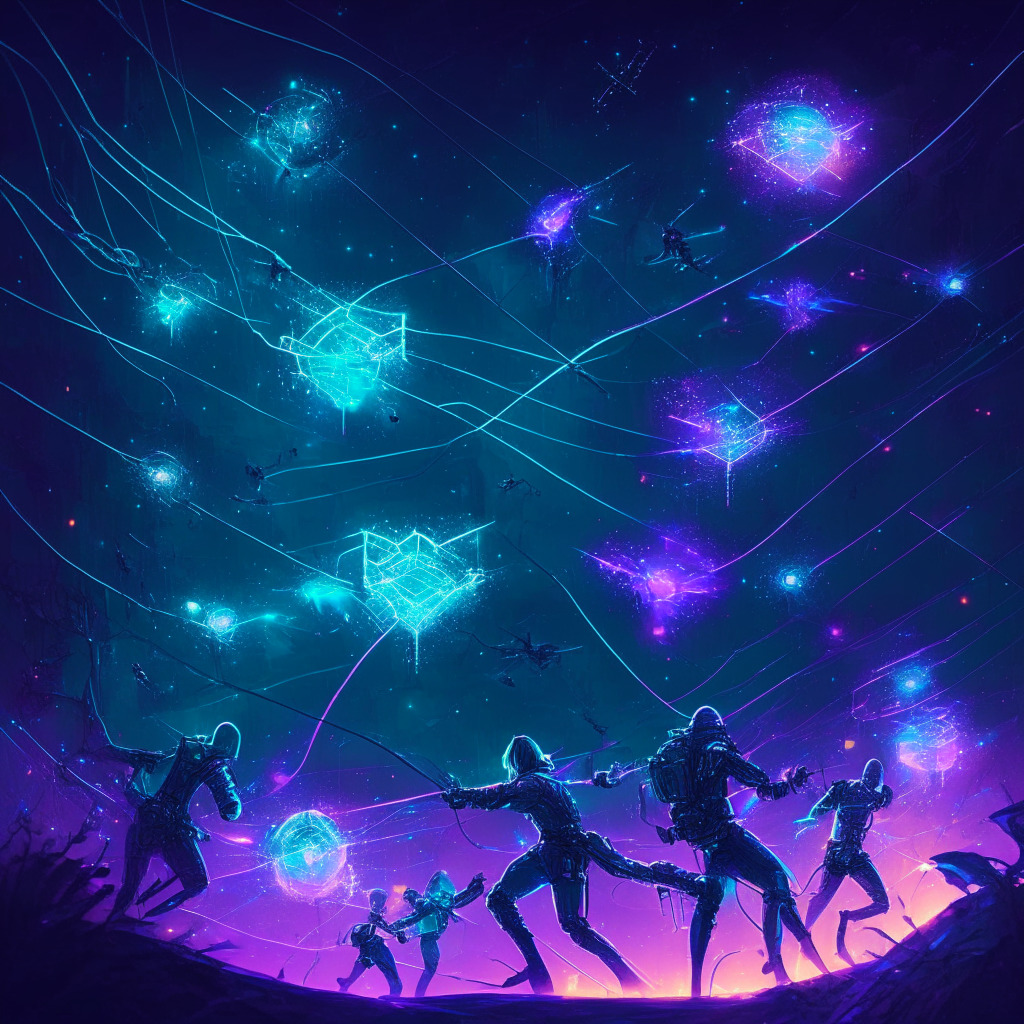The music industry and artificial intelligence (AI) seem to be locked in an ongoing struggle, with reports suggesting that Spotify is removing AI-generated music from its platform. According to a Financial Times report, the streaming giant has taken down 7% of songs produced by AI music startup Boomy, amounting to tens of thousands of tracks. Furthermore, Spotify appears to be increasing its vigilance to control the influx of such content.
This move comes in the wake of Spotify and other streaming services facing accusations of fraud and cluttering their platforms with AI-generated music. Industry powerhouse Universal Music Group (UMG) sounded the alarm on “suspicious streaming activity” for Boomy tracks, which led to their removal upon suspicion of artificial streaming through bots posing as listeners. Spotify addressed the issue, stating, “Artificial streaming is a longstanding, industry-wide issue that Spotify is working to stamp out across our service.”
Boomy representatives asserted that the company is “categorically against” any form of manipulation or artificial streaming. The broader implications of AI-generated music, however, stirred up concerns among industry heavyweights like UMG Chief Executive Lucian Grainge. He warned investors, “The recent explosive development in generative AI will, if left unchecked, both increase the flood of unwanted content on platforms and create rights issues with respect to existing copyright law.”
In response, UMG requested that streaming services, including Spotify, block AI services from accessing their music catalogs for training purposes. The record label has also been sending takedown requests for AI-generated songs to various platforms.
Despite the industry’s apprehension towards AI-generated music, artists like Grimes are endorsing the technology. Grimes granted creators permission to use her voice for AI music creation, as long as certain rules were followed and royalties shared, essentially volunteering to be a “guinea pig” in the AI music experiment.
On the one hand, companies like Spotify and UMG are concerned about the potential for fraudulent activity and a glut of unwanted content on their platforms due to AI-generated music. On the other hand, progressive artists are eager to explore the possibilities presented by AI technology in the creation of new music. The outcome of this confrontation could shape the future of AI’s role in the music industry, but the conversation surrounding the pros and cons of integrating these technologies is far from over.
Source: Cointelegraph




